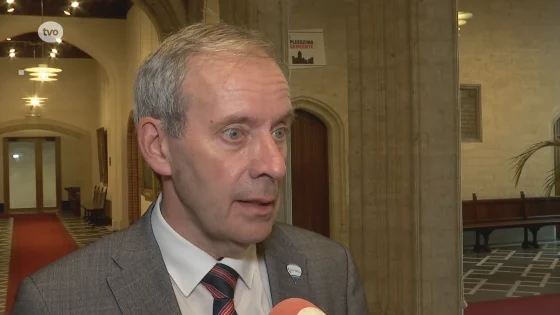Belgium faces a troubling fertility scandal as 52 children were conceived using sperm from a Danish donor carrying a cancer-causing gene. This breach of safety protocols has emerged across 12 Belgian fertility clinics, raising serious concerns about donor regulations.
- 52 children conceived with cancer gene donor
- Legal limit of 6 women exceeded
- Three Belgian centers breached donor limits
- FAGG lacks effective regulatory enforcement
- Frank Vandenbroucke unaware of violations
The legal limit restricts sperm donors to a maximum of six women, but this case involved 37 different women, clearly surpassing the threshold. On 2025-06-30 22:18:00, reports confirmed that three clinics exceeded this limit, with one clinic responsible for five violations.
How did such oversight occur, and why was Belgium’s regulatory body, the FAGG, seemingly unaware? These questions linger as the public demands answers and stricter enforcement. The following summary highlights the key facts and implications for Belgian families.
What does this mean for Belgium’s fertility regulation? The incident exposes weaknesses in monitoring and enforcement. If the FAGG is responsible for compliance but fails to detect violations, can families trust the system? Key points include:
- The legal limit of six women per donor was widely ignored.
- Three clinics breached internal limits, with unclear accountability.
- FAGG’s lack of active control and communication raises transparency concerns.
- Health Minister Frank Vandenbroucke was reportedly not informed.
Belgium must act swiftly to restore trust in fertility treatments. Will new policies and tighter controls follow to prevent future breaches? The public and affected families deserve clear answers and stronger safeguards moving forward.
































